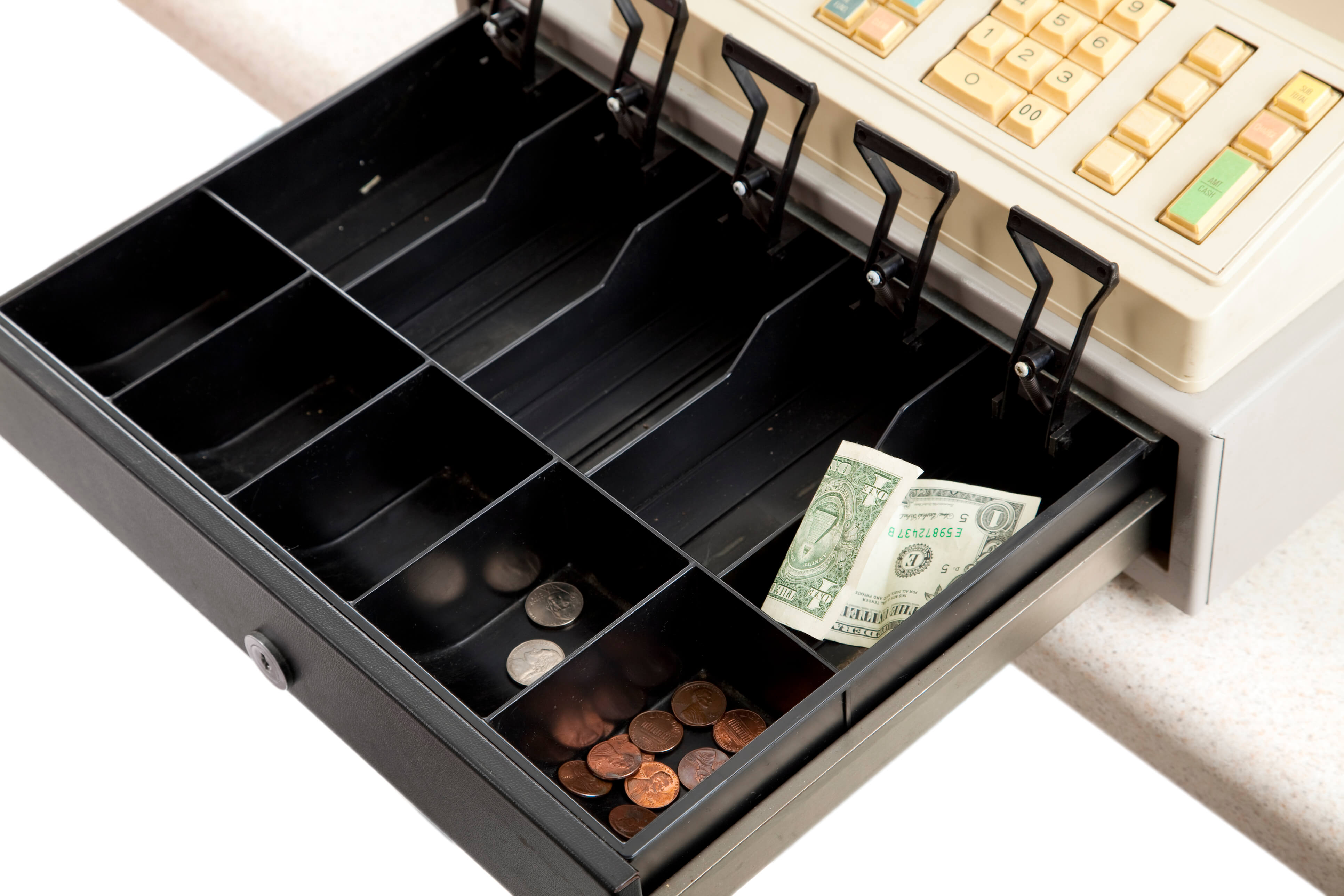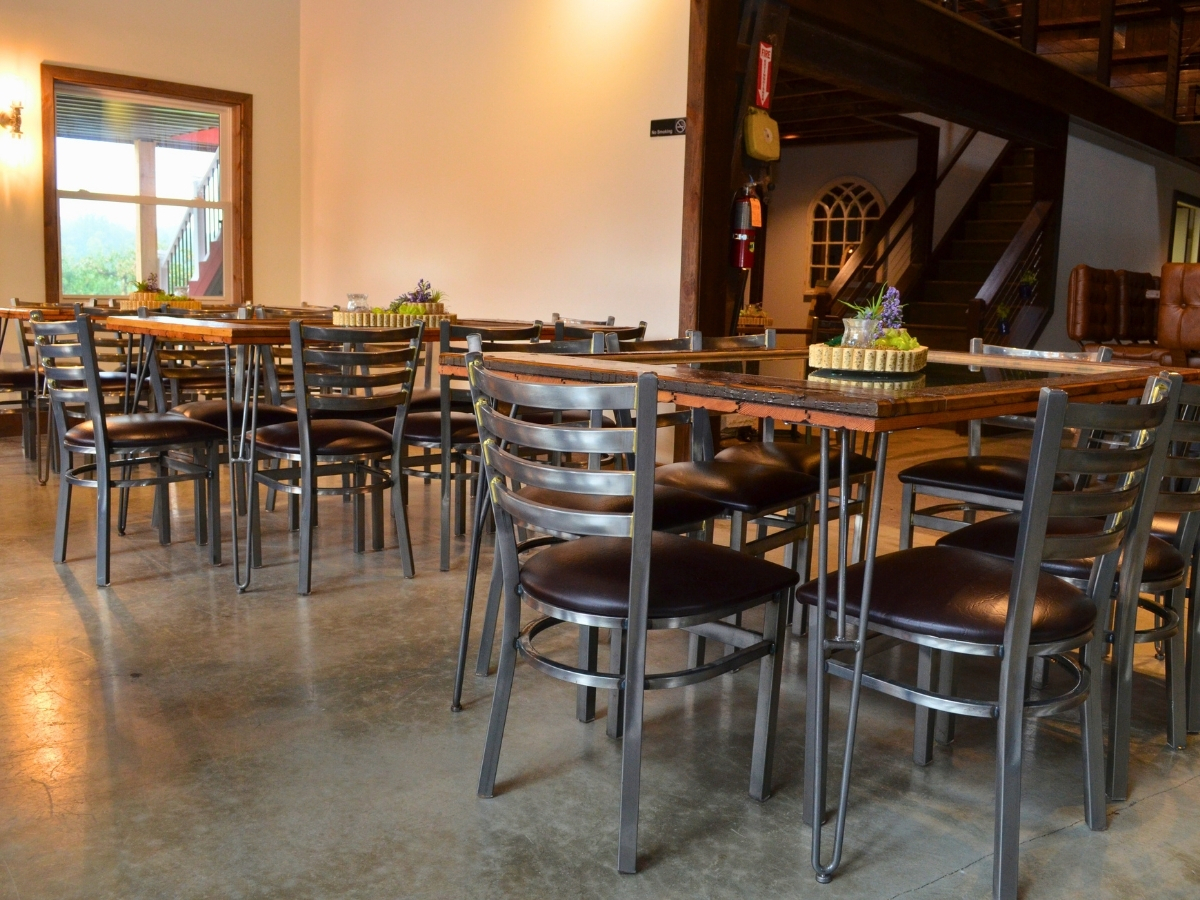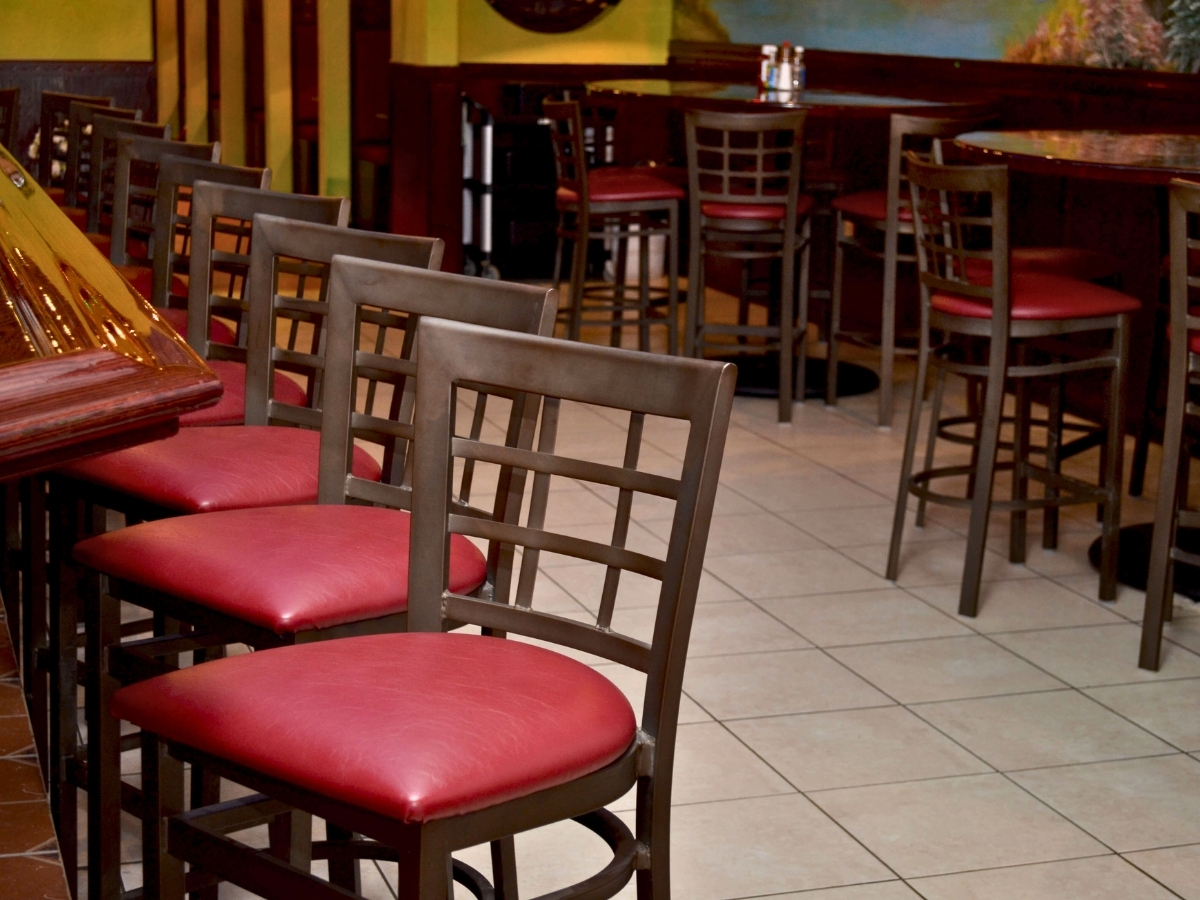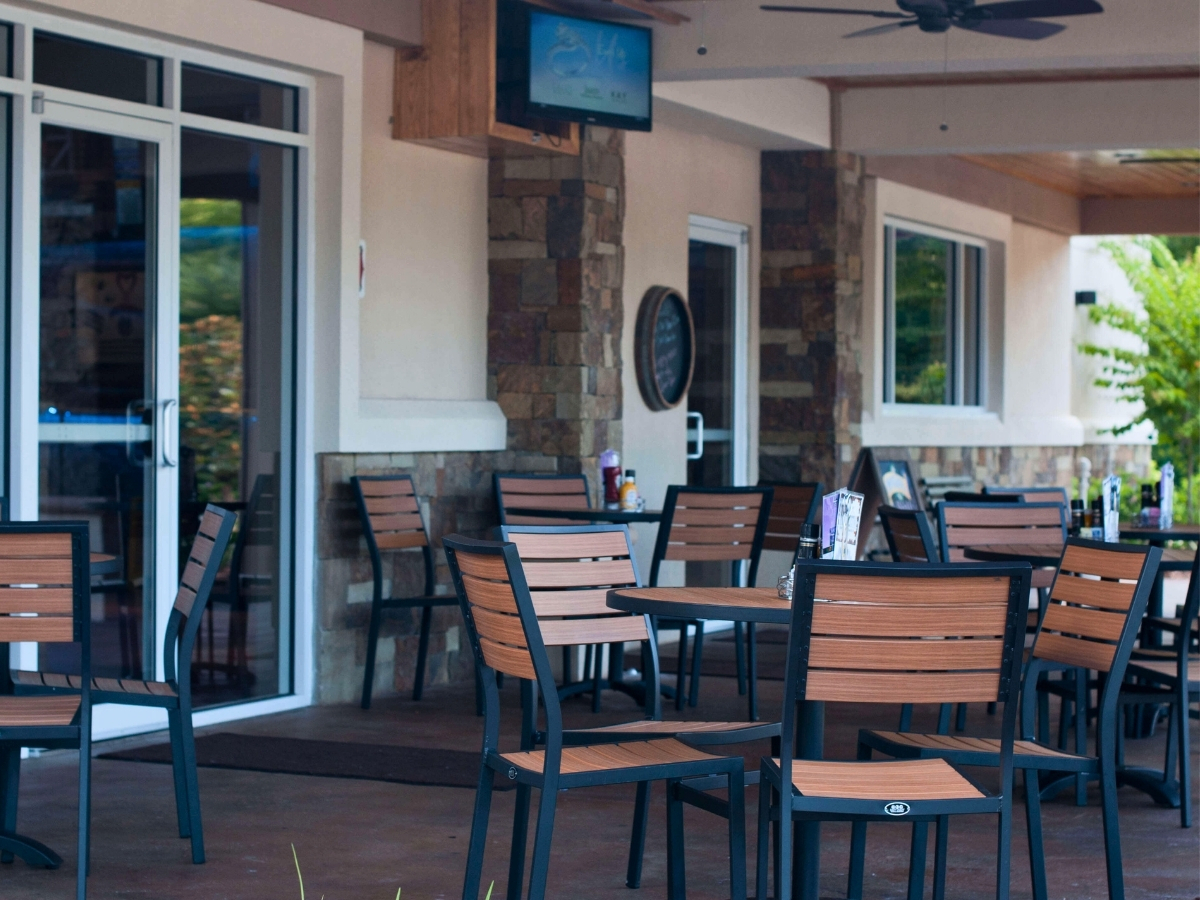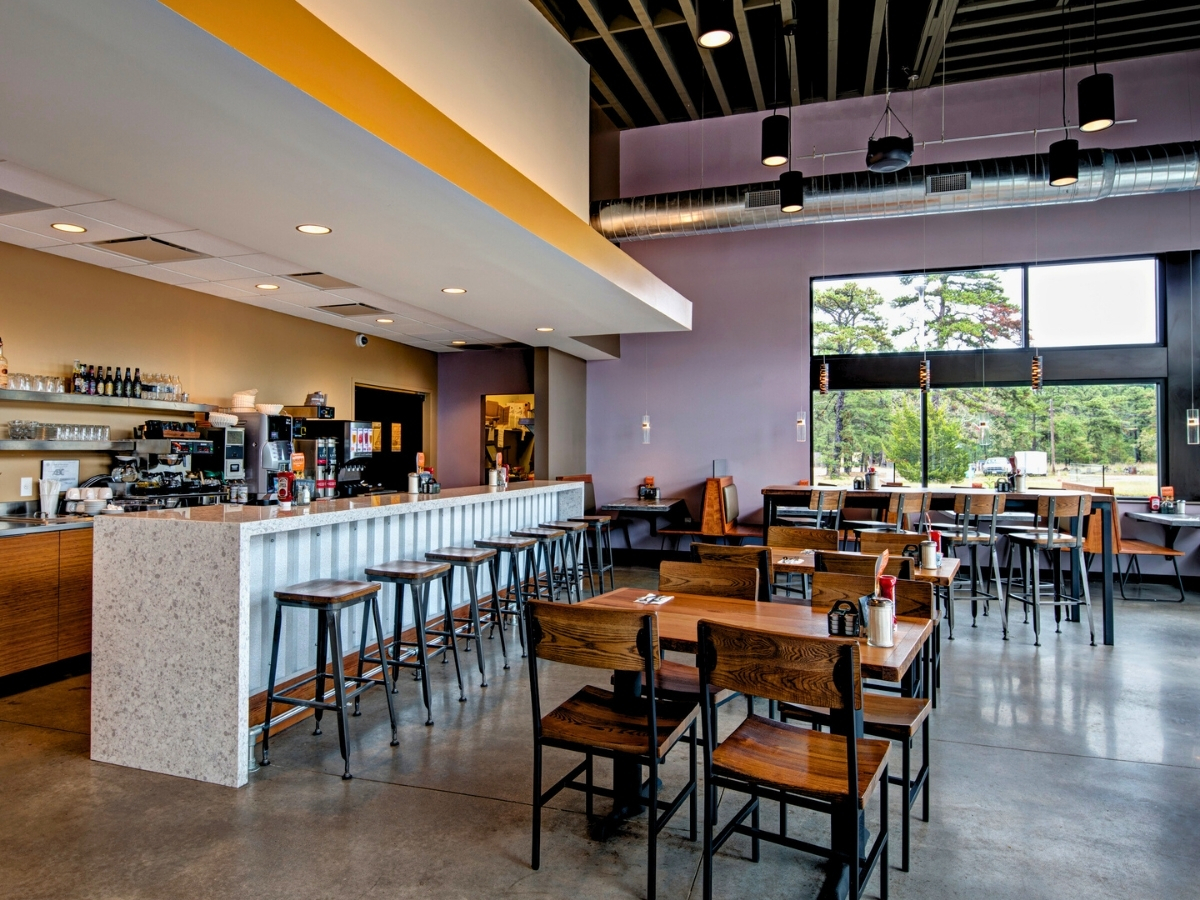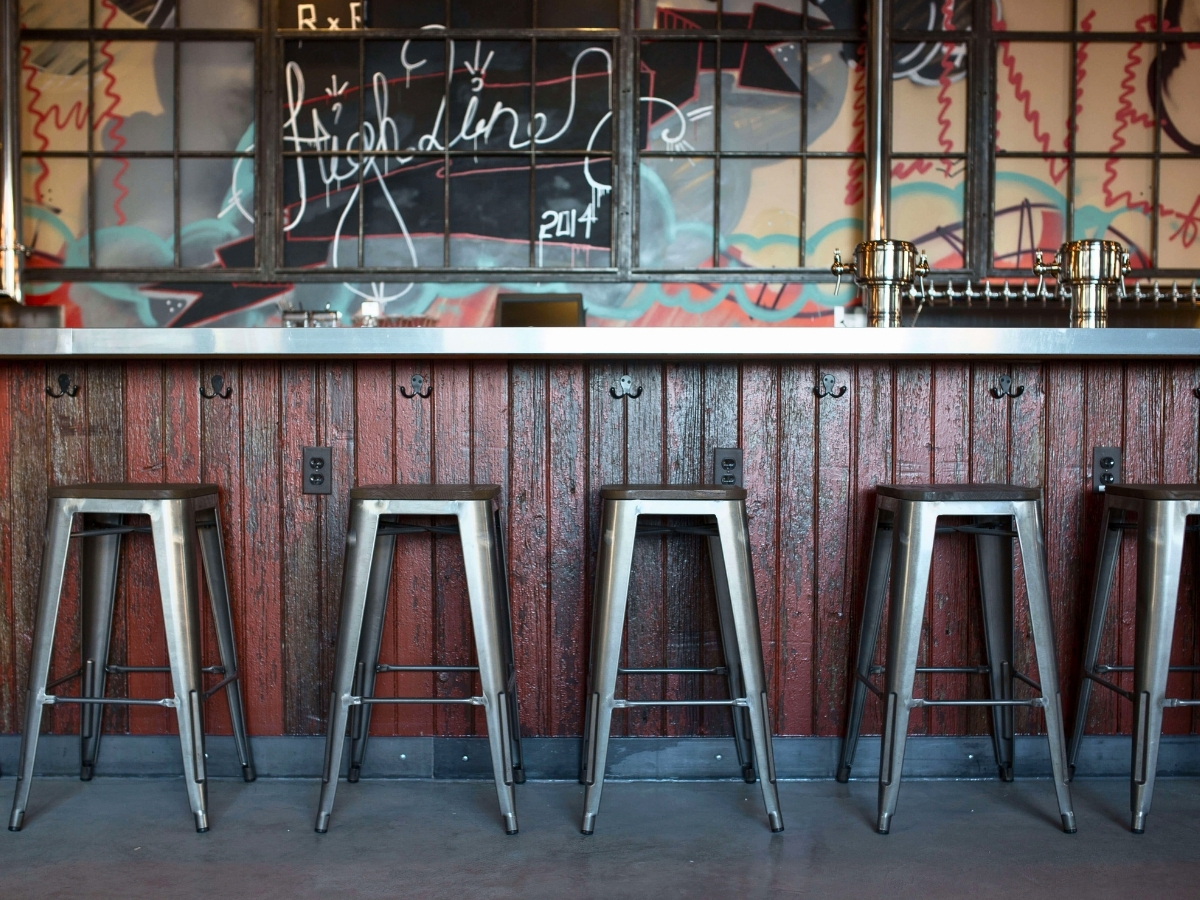Shrinkage is not a new term or a new concern for bars and restaurants. Employee theft can be intentional, or it can be a consequence of under-trained staff who might not realize they are sabotaging your establishment’s profits. For bar and restaurant management, shrinkage is an ongoing challenge. Here’s a look at the top ways your bartenders and waitstaff are stealing from you.
1. Cash register antics. Whether it’s tearing up order tickets, under-ringing, over-ringing, short-changing, voiding sales, or outright stealing cash, there are a lot of scams that happen when dishonest employees are responsible for entering orders, cashing out checks, and closing out the cash drawers. Many of these antics are hard to prove at the end of the night (i.e., is there proof that the customer really ordered and paid $22.50 in bar sales when their ticket number says there was only $12.50 in sales?). The cash register (or next-to-register tip jar) can be an accomplice for hiding the stolen funds until the end of the night, when it’s slower and easier to pocket all the money at once. Limiting the ability to hit the “no sale” button to open the register is a first step to take in combating this issue. Set up an alternative “petty cash” stash for when customers ask about making change (the amount of this stash should never change, just the denominations). Spreading the responsibilities around may help counter some of these practices, too; for example, have a dedicated cashier on shift who doesn’t also enter any orders. It’s also imperative that at least two people count down the drawer at the end of the shift and sign off on the final Z-report (end of shift cash register report). Your point-of-sale (POS) system should time-stamp the Z-report (and you need to limit access to changing the time on the system with an admin code), so you are confident that staff aren’t balancing the register earlier in the shift to under-report sales and pocket the last hour of service. The cashier or manager on duty, not the bartender, should be the one who counts out credit card tips from the drawer to distribute at the end of the night.
2. Overcharging customers. The customer pays full price, but the order ticket in your system shows a happy hour price. The bartender up-sells the customer to a top of the line brand and charges them the premium price, only to use the cheaper brand and take the difference for him/herself. Inflating the number of drinks on a large tab to an unsuspecting group of patrons who lost count of everyone’s orders. Bartenders, especially, see which customers are easy targets to take advantage of when they’re serving up drink after drink. Don’t let your customers be fooled by your staff, and talk with your employees often to really get to know them. Encourage an open door policy and reward staff who come to you about concerns they have regarding your establishment’s policies or their co-workers.
3. Talking your time away. Cell phones and mobile devices are revolutionary…and addicting to some of your staff. You might have a cell phone policy in place, but do you really know what happens when you’re not there? It’s impossible to manage your restaurant every second of every shift. Staff who talk or text while on the clock are taking away from productivity, influencing your patrons’ opinions of the kind of staff you hire and possibly spreading germs (do you know how dirty cell phones are?). The best part, you’re paying them while they tarnish your restaurant’s good name. The rate of employees using personal cell phones has increased across nearly every industry, but in the restaurant business, it’s critical to consider all the repercussions of employee cell phone use. Reinforce your cell phone policies, teach and re-teach health safety practices, provide a list of daily activities that can be done when the shift isn’t so busy, and don’t be afraid to enforce a punishment on those who don’t obey.
4. Giving freebies. What better way to ensure a nice big fat tip than to offer some on-the-house drinks to your favorite customers? Waitstaff who are tip hungry may pull out all the stops to get an extra buck, without thinking about the cost to you of those “free” drinks. Make it clear that give-aways are not accepted, or if they are, clarify when it is appropriate and how many you permit on a shift without management approval.
5. Over pouring. Every ounce of alcohol costs you money, so when your bar staff accidentally over pour shots into drinks, they are unknowingly stealing from you. Train your staff how to properly make each concoction you sell and invest in bar jiggers to aid your employees in measuring the accurate portion of alcohol. There are systems available that help measure your inventory before each shift and again after each shift to determine how much alcohol was used during the shift, which will show the amount given away via freebies or over pouring.
6. Under pouring. Wait, how can that be stealing? Well, what if your bartender purposely under pours 1/6 of the alcohol per drink, keeps track of the number of drinks he/she makes, and pockets the cash for every sixth drink? That means under pouring now equals theft. Other under pouring tactics include using one shot on two glasses, diluting the liquor with water, or leaving out one or more alcoholic ingredient(s) on mixed or blended drinks.
7. Drinking away your money. It’s a slow night, so your bartender pours a free round of shots for all the staff. Or, your bus staff member is taking out the empty bottles to your dumpster and secretly grabs a few full bottles with the empties and stashes them in his/her car for later. It happens. Be sure you are keeping accurate inventory, so you can easily catch any culprits and prevent it from happening in the future. On the flip side, there have been cases when staff bring in their own inventory of alcohol and skip the whole cash register process altogether, basically running their own business from behind your bar and keeping the profits.
Now that you know some of the things to look out for, what are you going to do about it? One of the hardest steps to take as a bar/restaurant owner or manager is to identify the staff who is intentionally stealing…and then to fire him/her. Even if they are a veteran team member or one of your most liked personalities behind the bar, if they are stealing from you, they don’t belong on your payroll. Period. A second chance could just be the opportunity they need to rob you blinder.
Know your staff. Know exactly what tasks they do and how you can train them to do each one efficiently. Know your policies. Know your inventories. Know your instincts. The more you can arm yourself with knowledge, the less likely someone will be able to steal from you.

